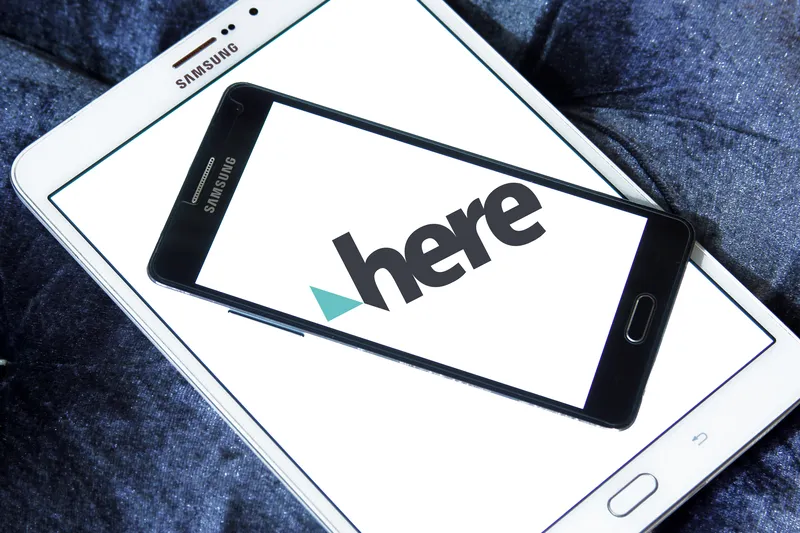
Here and the technology company will continue bringing voice-powered access to Here maps, application programming interfaces (API) and point of interest (POI) data to automakers such as Audi, BMW and Daimler.
Here says its voice-enabling APIs create a conversational experience in which drivers can use natural language instead of specific prescribed commands to find the nearest charging station.
According to Here, this solution improves in-car experiences through ongoing AI-based learning of driver preferences and habits. Here's rich location-based data can make suggestions based on preferences such as a driver who visits petrol stations open 24 hours with diesel offerings, the company adds.
Jørgen Behrens, chief product officer at Here, says: “As the popularity of mobility assistants continues to grow, accurate location information is integral to enable a driver to fully leverage the assistant and its capabilities.”










